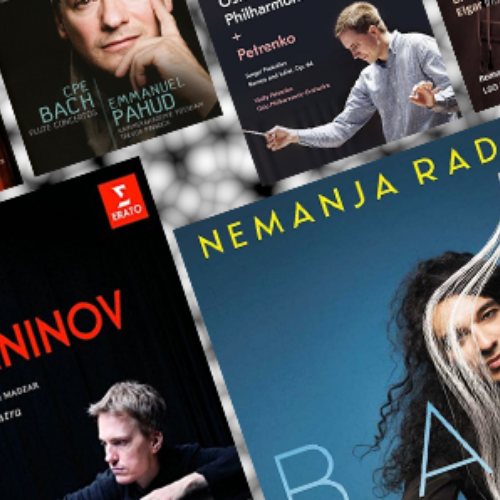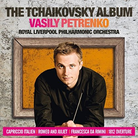Classic FM Meets Vasily Petrenko
Vasily Petrenko made his conducting debut with the Royal Liverpool Philharmonic Orchestra in 2004. Now their Chief Conductor, he speaks to Classic FM about his work, Tchaikovsky and his adopted home town of Liverpool.
CLASSIC FM: What have you changed about the Phil’s sound and playing style since you took over the orchestra’s reigns?
VASILY PETRENKO: Firstly I’ve tried to work on a certain consistency of sound. Secondly, an understanding of the many different playing styles – the Tchaikovsky sound, the Brahms sound, the Elgar sound and so on. They are all different. I’ve also worked on achieving a certain balance between the woodwind and the brass sections, and balance within the sections themselves – not only the chorus of the sound, but the articulation of each instrument. We’ve achieved great things so far.
CFM: So, the Tchaikovsky style is called upon in this case. What’s it about? Some have said a sense of rhythmic freedom that comes only in Russian music…
VP: Well, here we have a Russian symphony based on a British story, set in the Alps! For me personally, Tchaikovsky is a philosophical composer rather than simply an emotional composer. It’s about life, thinking about why we are here, what we are doing on this planet, rather than just pure emotions, rather than pure cries or laughs. In the Manfred, especially, it’s about the loneliness of a person and how far we can go down a particular road; shall we leave our families or leave our lives in order to find immortality? And I think that’s very close to Tchaikovsky, his private life and his view of the composer in society.
CFM: Why is your time at the Phil proving so successful?
VP: I’ve felt always, even from the first concerts that I’ve done in 2004 and 2005, that the Phil has such a tremendous amount of energy. I don’t know… perhaps I just unlocked it. The musicians are more confident now about when to play and how to play. I’m trying to project my knowledge of the piece, or my vision of the piece to the orchestra and they just respond, sometimes not exactly in the way I want, but that’s because it’s about collaboration between conductor and orchestra. Sometimes they’ll do something better than what I suggested. So it’s about co-operation, but also about character. In Liverpool people exist very closely together. They’ll shout at each other, but they forgive each other in just a few minutes. It’s the same in the orchestra; the players are close, they socialise and enjoy being together.









